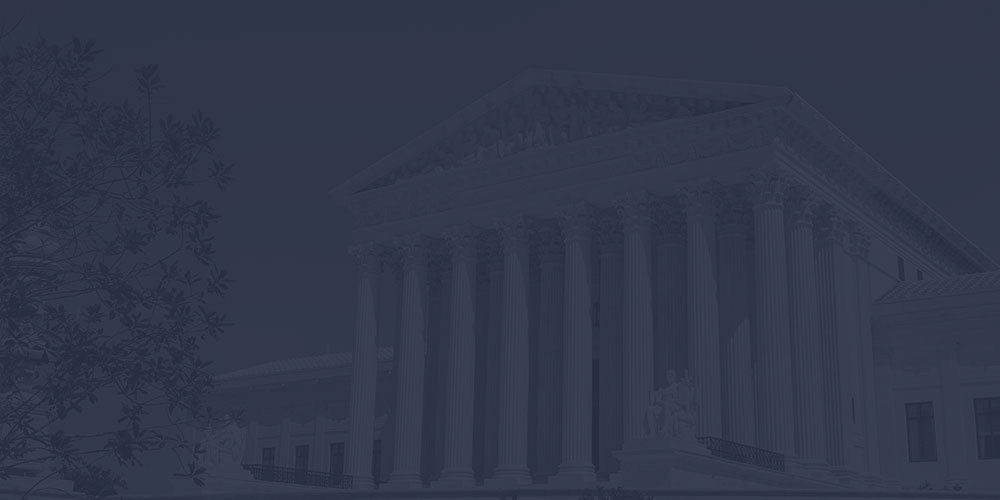On December 14, 2020, the first coronavirus vaccine in the United States was administered to Sandra Lindsey, an ICU nurse in New York City. Since then, states, local governments, and employers have been scrambling to determine who can and should get vaccinated. While healthcare workers and those most vulnerable to COVID-19 are at the top of many city health departments’ vaccine registration lists, many private-sector employers may question whether to require or merely encourage employees to get vaccinated.
Shortly after the first doses of the vaccine were administered, the EEOC issued guidance for employers seeking how best to approach the topic with employees. Both the Americans with Disabilities Act and Title VII of the Civil Rights Act permit employers to require employees to get vaccinated. Under these two federal laws, the only exceptions to requiring vaccination are employees who have an underlying disability, such as being immunocompromised, or those who have religious beliefs prohibiting vaccines. For those unable to receive the vaccine, employers must provide a reasonable accommodation or exempt those employees from receiving the vaccine altogether. Employees who cannot be vaccinated and pose a direct threat to workplace health and safety by being unvaccinated cannot be terminated, though those employees may be asked to continue to work from home.
Employers wishing to require vaccinations from all employees are permitted to require employees show proof of receiving the COVID-19 vaccine. Health departments and healthcare systems administering the vaccine give patients a proof of vaccination card which states the patient’s name, date of birth, dates of vaccination, type of vaccine administered, and the healthcare professional or clinic site at which the patient received the vaccines. An employer requiring verification of this vaccination card would not violate the ADA because it isn’t an inquiry related to a person’s disability and likewise is not likely to elicit information regarding a disability.
Employers wishing to vaccinate employees themselves should proceed with caution. Many county health departments and hospital systems allow pre-registration for the COVID-19 vaccine include prescreening questionnaires to determine whether a person is eligible to receive the vaccine. In Missouri, the current phase of vaccination is Phase 1B – Tier 2, which seeks to “protect those who are at increased risk for severe illness,” including those who are aged 65 or older and adults with certain health conditions, including cancer, pregnancy, Type 2 diabetes, and more. In order to determine if someone is eligible to receive a vaccine during this phase, prescreening questions are used.
The ADA limits an employer’s ability to make employees undergo medical tests or to otherwise seek out an employee’s medical information. An employer’s vaccine requirement is not considered a medical examination under the ADA, but prescreening vaccination questions may implicate the ADA’s provision on disability-related inquiries. If an employer seeks to administer the vaccine, it should show that vaccination prescreening questions are job-related and consistent with business necessity.
For most private employers, the hassle of choosing to administer the vaccine to employees far outweighs the benefits. The EEOC guidance seems to push all employers away from that avenue – instead, encouraging or requiring employees to seek out the vaccine from their doctor or pharmacy. In an attempt to ensure compliance with the ADA and Title VII, employers may inadvertently slow down the vaccination process, which has far-reaching implications on public health.
As of the writing of this post, the United States has vaccinated approximately 23.2 million people, with 5 million people being fully vaccinated after receiving both COVID-19 vaccine doses. This number accounts for 1.5% of the United States population, far off from the 70% to 90% experts estimate is needed to achieve herd immunity. However, if employers require employees to receive the vaccine before returning to work, this will help the United States reach herd immunity. Though EEOC guidance shows it is legal for employers to require employees be vaccinated, with limited exception, time will tell if employers choose to go that route. Many employers seem to have adopted a “wait and see” approach when it comes to mandatory vaccination. Without herd immunity, it may be months to years before the United States sees any sort of return to pre-COVID-19 normalcy.
Written by GOT Associate Attorney, Ashlyn Calhoun



